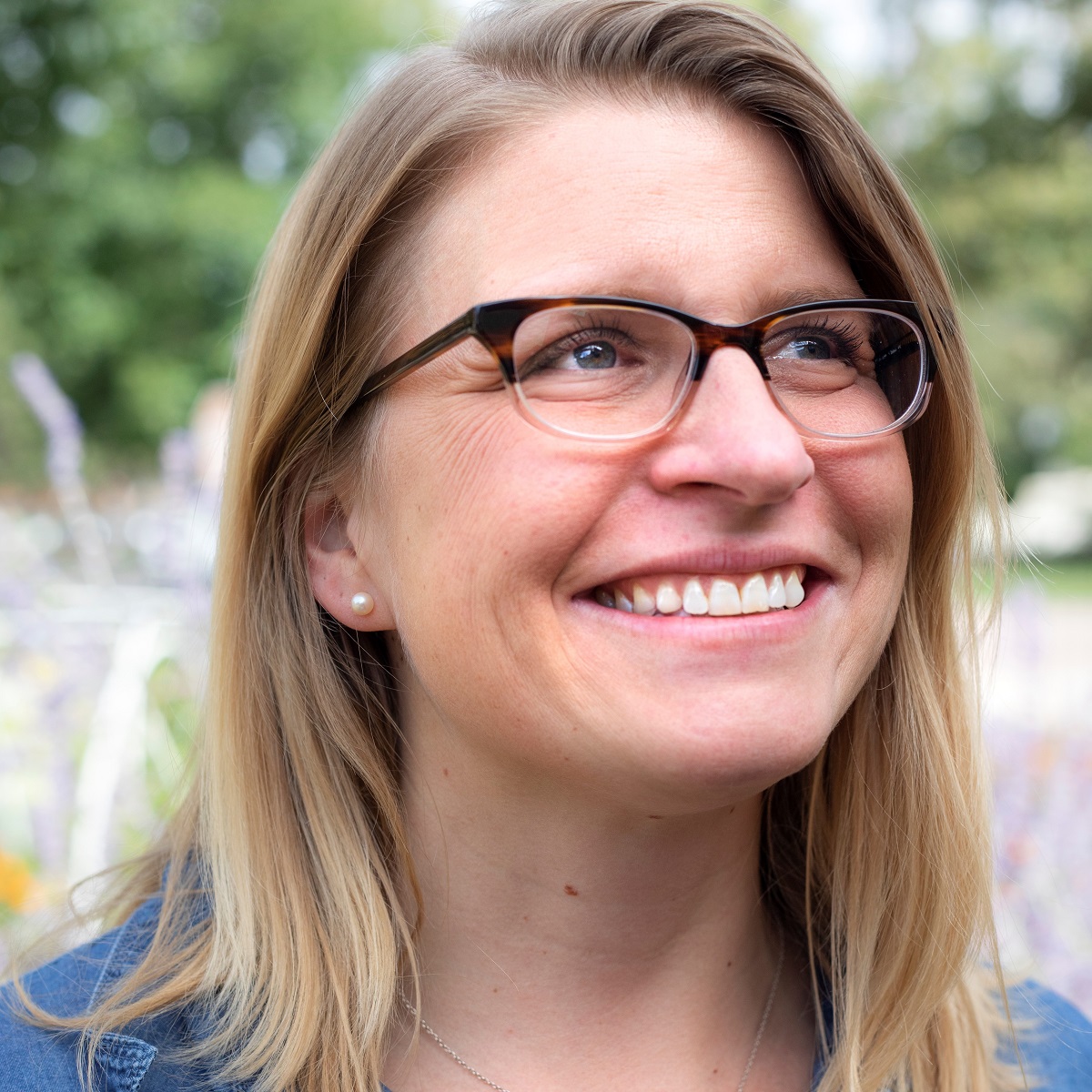Colorado College Associate Professor of Environmental Science Rebecca Barnes is a co-principal investigator on a $3 million Improving Undergraduate STEM Education (IUSE) National Science Foundation grant titled "Collaborative Research: PROmoting Geoscience Research, Education, and SuccesS (PROGRESS)." The grant, of which $122,980 will be directed to Colorado College, expands on a successful evidence-based mentoring program for women in the geosciences, developed in collaboration between geoscientists and educational psychologists.
Women, particularly those from minority racial and ethnic groups, continue to be underrepresented in geosciences. The grant seeks to test the sustainability and scalability of the PROGRESS mentoring program aimed at increasing the retention of women within the earth and environmental sciences via mentoring, exposure to inspirational role models, and professional development workshops.
With the new funding, the interdisciplinary team will be able to continue the PROGRESS mentoring program in the Colorado/Wyoming Front Range and the Carolinas as well as extend it to five new regions in the U.S. regions, scaling up the program to serve another potential 2,000 STEM undergraduate women, with a particular emphasis on broadened participation of women from underrepresented and minoritized groups.
This project, led by Colorado State University in collaboration with CC, Texas A&M University, University of California-San Francisco, and University of North Carolina-Charlotte, aims to serve the national interest by improving undergraduate geosciences education. It will do so by testing strategies to scale-up their successful mentoring program in the geosciences.
This award will fund workshops in seven regions of the U.S. with the goal of providing undergraduate women with the tools and skills needed to build successful geoscience careers. The project team will use a longitudinal experimental research design to answer the following research questions: 1.) Do the benefits of PROGRESS scale up for multiple underrepresented groups and for women with intersectional identities? 2.) Are the benefits of PROGRESS consistent when male mentors are included? 3.) Can PROGRESS be effectively scaled-up using a train-the-trainer development and implementation model?
Barnes, an advocate for women in STEM via her work to improve workplace climate, leadership in grassroots organizations, and mentorship of the next generation of scientists, wrote in a Nature blog post last month that the geosciences are one of the least diverse STEM fields, and these fields have shown little improvement over the last four decades.
"Racism and sexism have resulted in major inequities, and a lack of diversity negatively impacts innovation and limits the social relevance of scientific research," she says, noting that many of society's largest challenges fall within geoscience fields. She quotes Mae Jemison, the first African-American woman in space, who said, "diversity in STEM isn't a nicety, it's a necessity."
Barnes says the lack of racial, ethnic, and gender diversity within the geosciences cannot be explained away due to a lack of interest; rather, research points to feelings of not belonging rooted in society's expectations of "what a scientist looks like" and the structural inequities within STEM that in many ways reflect both present and past societal norms.
Many of the most urgent challenges facing society are rooted in the geosciences, including issues related to energy, air quality, climate, water availability, food security, and natural disasters. With the underrepresentation of women, particularly BIPOC women in the geosciences, the result is a limited the talent pool available to solve these challenges. Female role models and mentors can play an important role in the lives of female students, especially when choosing and committing to a career path, says Barnes.
An article in Science magazine titled "With role models come persistence," notes that PROGRESS participants reported higher rates of persistence in geoscience-related majors, which was related to the number of female STEM career role models that they were able to identify, and that participants' odds of persisting in geoscience approximately doubled for each role model identified. The article concluded that "preliminary evidence suggests that presenting undergraduate students with successful female role models can encourage undergraduates to believe that they, too, can be successful scientists."
Barnes joined the Colorado College Environmental Studies Program faculty in 2014. She was recognized for her work in 2019 with the Sulzman Award for Excellent in Education and Mentoring from the American Geophysical Union and a CAREER Award from the National Science Foundation. Barnes is on the leadership of 500 Women Scientists and is a co-principal investigator of the ADVANCEGeo Partnership aimed at improving workplace climate by addressing harassment and bullying in the geosciences.
The PROGRESS team is on the 2020 short-list for the Nature Inspiring & Innovating Science Award in Outreach. Read more about their efforts in their recently published article in Communications Earth & Environment.






